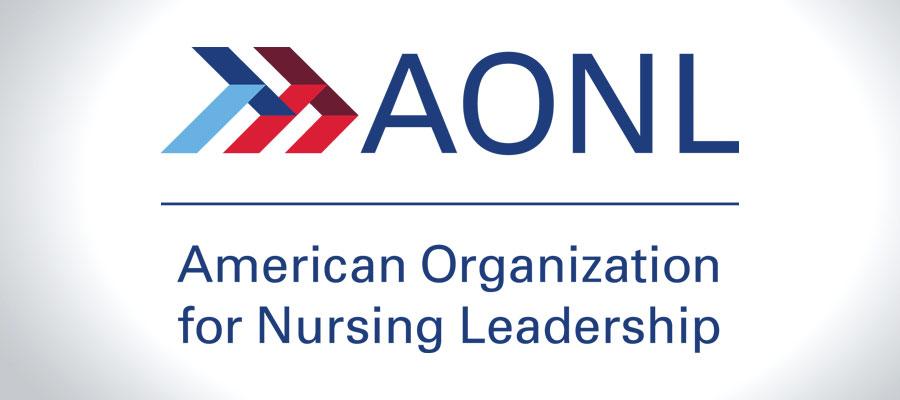AONL leader testifies at Senate hearing examining COVID-19 response and front-line needs

The Senate Health, Education, Labor & Pensions Committee today held a hearing to examine the COVID-19 response and receive an update from the front lines of the pandemic.
Witnesses included Mary Ann Fuchs, vice president of patient care and system chief nurse executive for Duke University Health System in Durham, N.C., and president of the AHA’s American Organization for Nursing Leadership Board of Directors.
“Over the last year COVID-19 has posed persistent challenges for the communities we serve, our patients and our team members, and as chief nurse of our health system, I know these issues firsthand,” Fuchs said. “As COVID-19 persisted, I worked with multiple teams to create new strategies to meet patient care needs, reallocated internal resources to adapt to influxes of patients and quickly pivoted when circumstances changed. We set up new delivery models and care practices, established testing and treatment sites, and stood up vaccination sites for employees and patients. We served our community as a major transfer center for the sickest patients, and provided resources to skilled nursing facilities in the form of testing, staffing and training. We responded to the ever-changing information by regularly updating our care, holding town halls and virtual forums for our employees in the community, and like many health systems, we were the hub of the COVID-19 response in our community.”
Among lessons learned, Fuchs said AONL continues to advocate for resources to protect the physical and mental health of the health care workforce, ensure an adequate supply of nurses and other health care workers, and address health care worker burnout and build resilience.
This includes support for the Dr. Lorna Breen Health Care Provider Protection Act, AHA-supported legislation that would authorize grants for providers to establish programs that offer behavioral health services for front-line workers. She said hospitals and health systems also need additional financial support, including eliminating further reductions in payments to Medicare and Medicaid to ensure continued access to care; and voiced support for efforts to ensure telehealth will remain accessible to more patients after the COVID-19 crisis.

